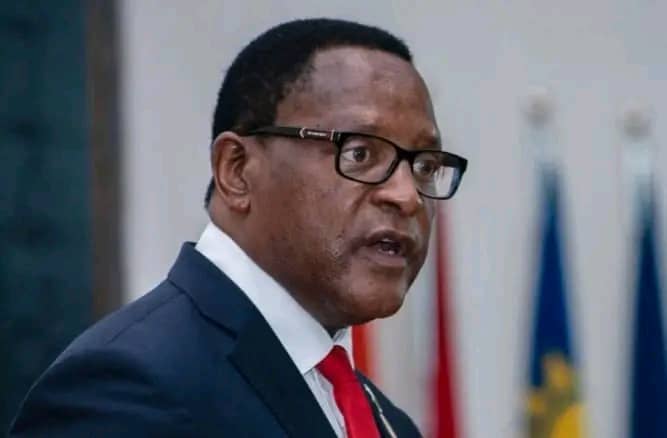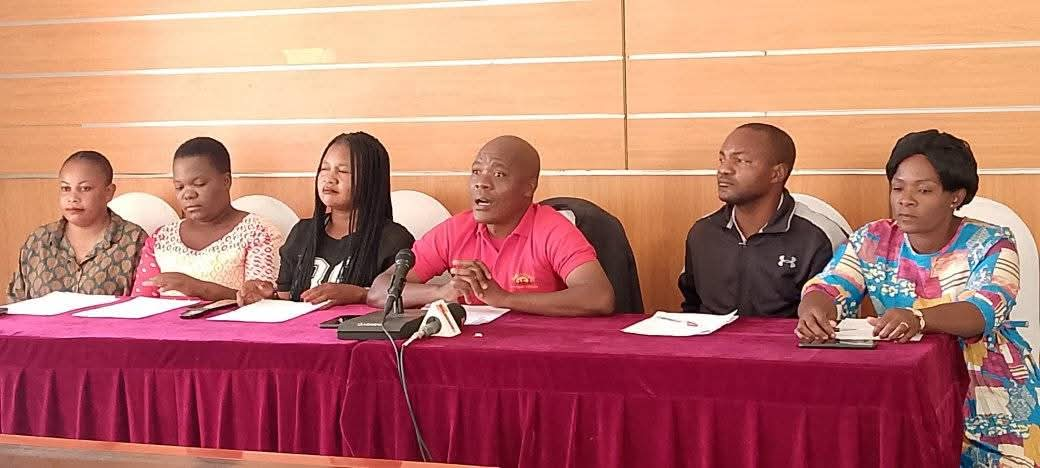By Burnett Munthali
Malawi’s economic woes have deepened as inflation surged to 28.2 per cent in August.
The sharp rise in the cost of living comes at a time when the political climate remains tense following the September 16 elections.
The Malawi Congress Party (MCP), led by Vitumbiko Mumba, has been intensifying pressure on the Malawi Electoral Commission (MEC) to officially declare President Lazarus Chakwera as the winner of the polls.
This political push has coincided with growing concerns among ordinary citizens about the rising prices of essential goods and services.
Households across the country are struggling to afford food, fuel, and transport costs as inflation erodes purchasing power.Mutharika Leads in Karonga as MEC Awaits Final Results
Economic analysts warn that the combination of political uncertainty and soaring inflation could worsen public frustration.
Some Malawians fear that the political standoff may distract government and opposition leaders from urgently addressing the economic crisis.
Others argue that the economic pain could fuel protests and further instability if the situation is not quickly contained.
The latest inflation figures reflect deep structural challenges in the Malawian economy, including currency depreciation and rising import costs.
For many citizens, however, the debate over election results feels distant compared to the daily struggle of keeping food on the table.
As the MCP pushes for Chakwera’s victory to be declared, the real test for Malawi’s leaders will be whether they can balance political ambitions with the pressing need for economic solutions.
Forward-Looking Analysis
If inflation continues to climb, Malawi risks entering a cycle of widespread social unrest driven by economic discontent.
Political divisions could intensify, with protests against both the electoral process and the rising cost of living merging into a broader national crisis.
A best-case scenario would see political leaders putting aside partisan differences to stabilise the economy and restore public confidence in institutions.
However, if leaders remain focused on electoral battles, the economy may deteriorate further, eroding trust in the government and worsening poverty levels.
Ultimately, the coming months will test whether Malawi’s democracy can withstand the twin pressures of political contestation and economic hardship.
Historical Comparisons
This is not the first time that Malawi has faced economic turbulence during an election period.
In 2014, the election that brought Peter Mutharika to power was held against the backdrop of the “Cashgate” scandal and a weakening economy, which saw donor support withheld and inflation spike into double digits.
In 2019, disputed results in the presidential race were followed by months of demonstrations, during which businesses suffered, investor confidence plummeted, and inflationary pressures worsened.
The 2020 fresh election that ushered in Lazarus Chakwera was also held in an environment of economic fragility, with COVID-19 compounding fiscal stress and disrupting livelihoods.
These precedents suggest a recurring pattern in which political contestation during elections amplifies economic instability, leaving ordinary Malawians to bear the brunt.
What makes the current 2025 crisis unique is the combination of a prolonged electoral standoff and inflation levels nearing 30 per cent, a threshold that risks tipping into hyperinflationary territory if left unchecked.
Regional Comparisons
Malawi is not alone in experiencing economic strain during politically sensitive periods.
In Zambia, the 2021 elections that brought Hakainde Hichilema to power followed years of economic mismanagement and spiraling debt under Edgar Lungu, with inflation hitting 24 per cent and food prices rising sharply in the months before the vote.
Zimbabwe offers an even starker example, where disputed elections and governance crises have repeatedly coincided with runaway inflation, including the hyperinflation of the late 2000s and more recent bouts of currency collapse linked to contested political legitimacy.
These regional parallels show how political uncertainty and disputed elections often magnify underlying economic fragility in Southern Africa.
The lesson for Malawi is that without swift political resolution and credible economic management, inflationary shocks can quickly spill over into prolonged instability.




